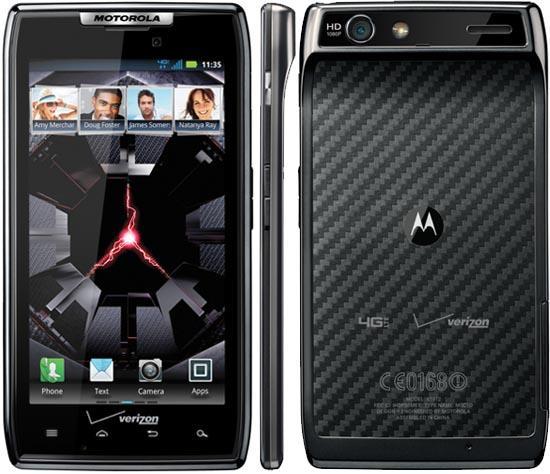
There are several different Android versions out there, everyone knows that. Even if you’re brand new to the smartphone game, and you’ve decided to go with Android as your mobile OS of choice, then you know that the software conversation will come up more than once. Even with Android 4.0 right around the corner, and Google’s plans to ease the woes of updating, there’s still that constant worry that something won’t go according to plan. And actually, it may be because of Ice Cream Sandwich’s upcoming release that those same exact woes won’t go anywhere.
With the release of the Samsung Galaxy Nexus, Google is unleashing Android 4.0, their biggest, most robust and aesthetically-pleasing mobile OS to date. Actually, ICS looks about as attractive as Android is probably going to get any time soon, so there’s no wonder that people want it as much as Google is proud of it. Plus, it’s got a bunch of new features, so that’s good to. And while the Galaxy Nexus may (or may not) stand out to you as a phone, if you’re interested in Android at all, then you are more than likely interested in Android 4.0, too. But that’s the rub.
Because there’s a chance that you aren’t all that interested in the Galaxy Nexus, if at all it comes down to specifically the specifications. Because while the Galaxy Nexus may keep getting software updates for quite some time, thanks to that Nexus name, I’ll be honest when I say that hardware wise, the Galaxy Nexus doesn’t really stand out. Yep, it’s got a large 4.65-inch display, but even with its HD Super AMOLED display, there’s the disappointing fact that it isn’t a Super AMOLED Plus display. We can nit-pick a phone to death all we want, but we can’t forget the software, and that’s where the Nexus stands out.
Why? Because we’ve got Motorola launching the DROID RAZR on (supposedly) the 10th of November, and then sometime around there we’ve got HTC releasing the Rezound. Both of these devices pack the physical specifications to draw the attention of any phone fan out there, and that’s all well and good. But, there’s a problem. Both of these devices are launching around the same time as the Galaxy Nexus, yet the Nexus is the only device that will have Android 4.0. That’s more than obvious as the Nexus is the launch handset, but why both Motorola and HTC aren’t both waiting to launch each handset until they can put Ice Cream Sandwich on them is beyond me. It doesn’t make any sense because we can all pretty much guess that after these devices launch, and once the Nexus is on the prowl, people are going to be wondering when the Rezound and RAZR get their own upgrades.
And guess what? It won’t be fast enough. And that’s saying both HTC and Motorola don’t come up with some crazy excuse as to why the ICS update isn’t coming “soon,” rather than later. I know that Motorola and HTC want, or need, these handsets out in time for the holiday shopping season, but I can’t help but think that if they waited to launch them with Ice Cream Sandwich installed, then even more people would want them. And, touching on the fact that there are a lot of software versions out there, let’s point out that the Rezound will reportedly (still unconfirmed) launch with Android 2.3.4 under the hood, while the RAZR is launching with Android 2.3.5. A very minor inclination in software versions, but nonetheless it’s a variation.
These handsets are stand-out devices. Real high-end smartphones that will hopefully make plenty of people happy after they purchase them. But this isn’t the first time that a phone, no matter how impressive it is, is already outdated even at its launch. That’s something both Motorola and HTC should be seriously thinking about in their fight against one another, and against Samsung. In truth, it will be interesting to see which of these handsets comes out on top, especially with all three of them coming out so close together.